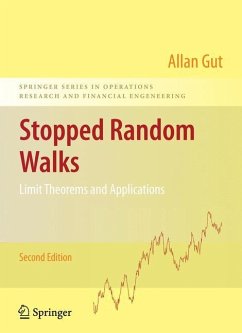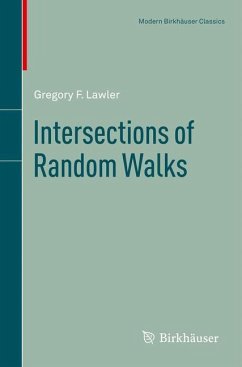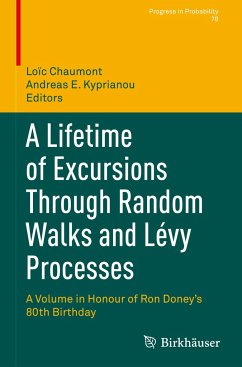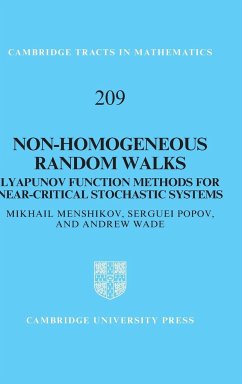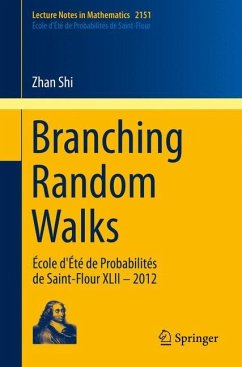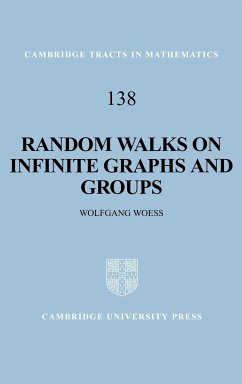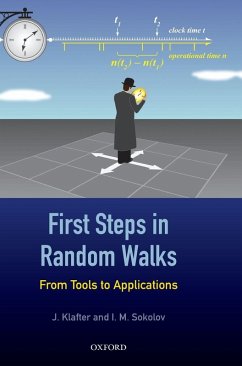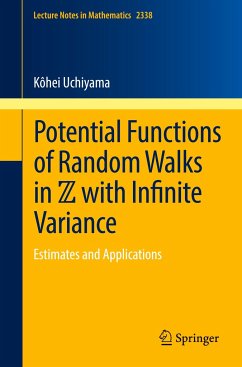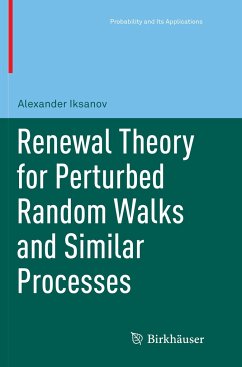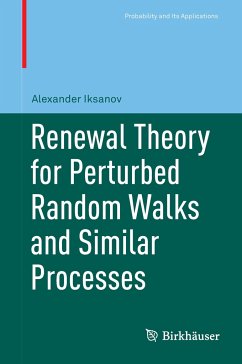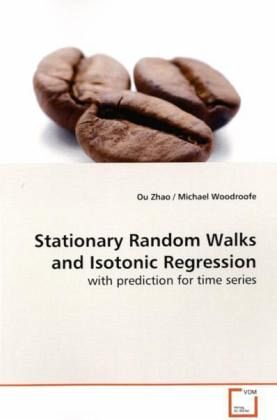
Stationary Random Walks and Isotonic Regression
with prediction for time series
Versandkostenfrei!
Versandfertig in 6-10 Tagen
32,99 €
inkl. MwSt.

PAYBACK Punkte
16 °P sammeln!
The study of stationary processes is an important topic both in the probability and statistics literatures. This monograph continues the investigation along the classical lines, but with a modern viewpoint. For example, to study the behavior of the partial sums, it features the interplay between ergodic theory and probability from an operator-theoretical point of view. As a consequence, the results tend to be much more refined, and nearly optimal on many occasions. With the tools developed to understand the probabilistic behavior of the processes, one statistical application is considered in t...
The study of stationary processes is an important
topic both in the probability and statistics
literatures. This monograph continues the
investigation along the classical lines, but with a
modern viewpoint. For example, to study the behavior
of the partial sums, it features the interplay
between ergodic theory and probability from an
operator-theoretical point of view. As a
consequence, the results tend to be much more
refined, and nearly optimal on many occasions. With
the tools developed to understand the probabilistic
behavior of the processes, one statistical
application is considered in the context of global
warming. The goal is to nonparametrically estimate
the trend of a time series under monotonicity
assumptions. Some interesting features in time
series analysis are carefully explored.
topic both in the probability and statistics
literatures. This monograph continues the
investigation along the classical lines, but with a
modern viewpoint. For example, to study the behavior
of the partial sums, it features the interplay
between ergodic theory and probability from an
operator-theoretical point of view. As a
consequence, the results tend to be much more
refined, and nearly optimal on many occasions. With
the tools developed to understand the probabilistic
behavior of the processes, one statistical
application is considered in the context of global
warming. The goal is to nonparametrically estimate
the trend of a time series under monotonicity
assumptions. Some interesting features in time
series analysis are carefully explored.



